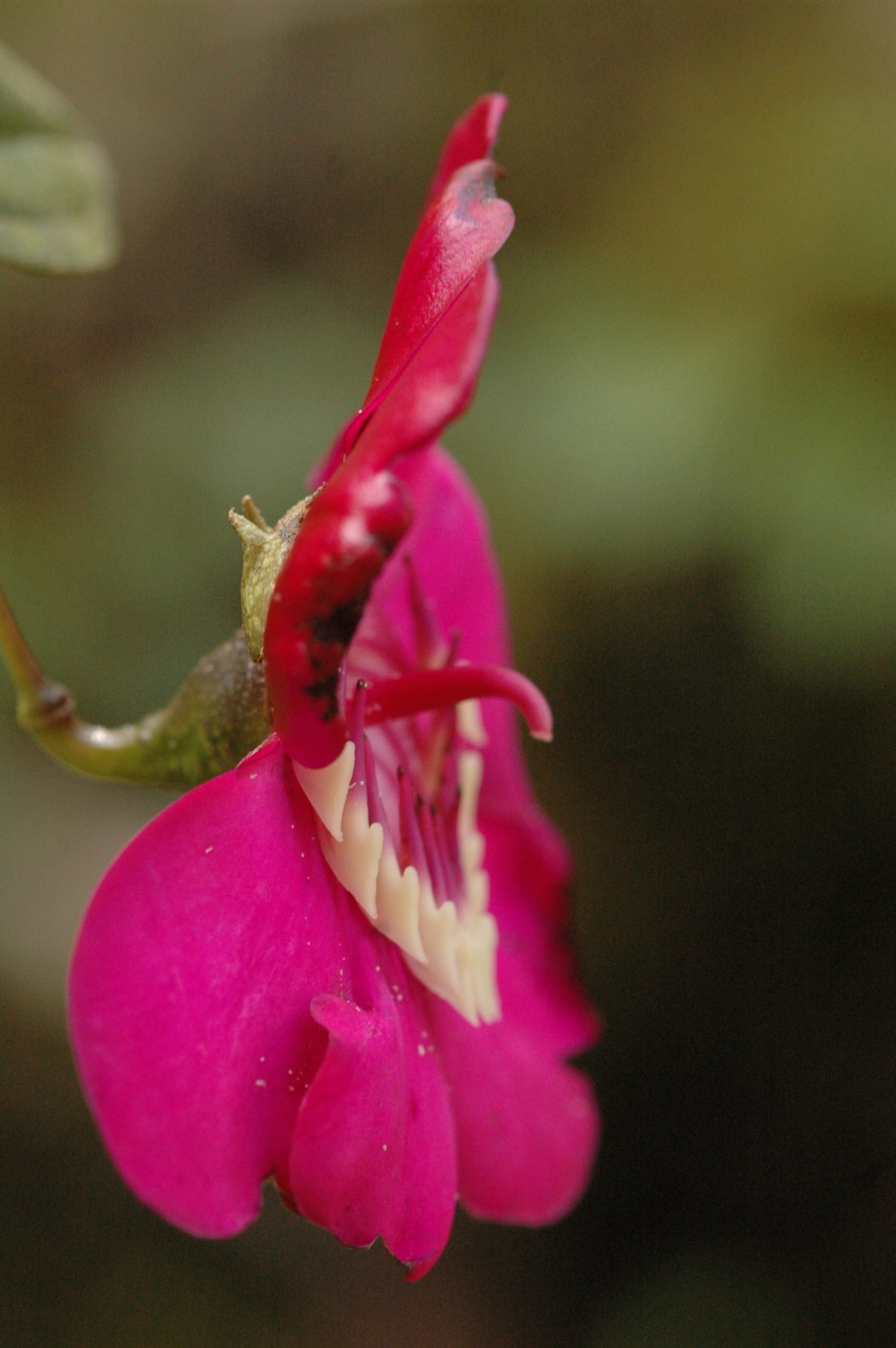Welcome to the Dellinger (PAIn) lab!
Research in my lab on Plant-Animal Interactions (PAIn) is centred on exploring how plant-animal interactions are modulated across different (abiotic) environmental contexts, and how these abiotic and biotic contexts contribute to plant diversification at macro- and microevolutionary scales. Within this framework, we are particularly interested in understanding how and when flowers diversify under continuous or divergent pollinator selection regimes, and what conditions promote overlap or shifts in pollination niche space. The pan-tropical plant family Melastomataceae, with more than 5,800 species and highly diverse pollination strategies (buzz-pollination by bees, shifts to hummingbird, bat, rodent, passerine pollination as well as generalist flowers), serves as model for many of our questions. In addition to plant-pollinator interactions, we have recently started exploring interactions with floral antagonists (pollen robbers), fruit dispersers and mites, with the aim of gaining a more holistic understanding of how plant-animal interactions modulate plant reproductive strategies across environmental contexts.
To address these questions, we work on a highly interdisciplinary level, combining observational and experimental field work with structural and functional morphology, biomechanics, geometric morphometrics, phylogenetic comparative methods, population genomics and niche modelling. Find out about our research and current projects in the lab here.

Research
Since 2012, Agnes has been working towards establishing the Neotropical plant tribe Merianieae (Melastomataceae) as model system for addressing questions related to macro- and microevolutionary processes of plant diversification. The ca. 300 species of Merianieae harbour an exceptional diversity of different pollination strategies (i.e. buzz-pollination by bees, pollination by passerine birds and by mixed assemblages of vertebrates such as hummingbirds, bats, rodents) and are distributed from lowland rainforests to high-altitudes in the Andes. This offers an ideal set-up for exploring longstanding questions of lineage diversification in one of the Earth’s prime biodiversity hotspots.